Keinosuke Uekusa
Рождение : 1910-03-05, Tokyo, Japan
Смерть : 1993-12-19
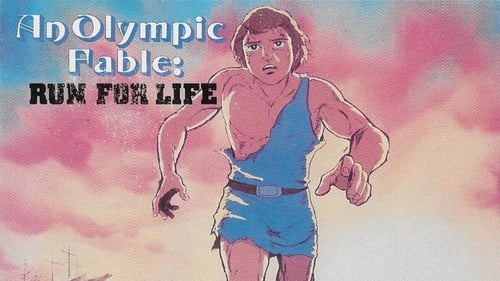
Writer
Hashire Melos! is the title of two Japanese animated films. The first was directed by Tomoharu Katsumata and released on Japanese television on February 7, 1981. It was either 68 or 87 minutes long, and its official title did not include the exclamation mark on the end. The second, with the exclamation mark, was a 107-minute remake of the first and was released on July 25, 1992. It featured direction and screenplay by Masaaki Osumi, music by Kazumasa Oda, art by Hiroyuki Okiura and Satoshi Kon, and background art by Hiroshi Ohno. Both were produced by Toei Company Ltd. Visual 80, and both were based on the original short story written by Osamu Dazai in 1940.

Screenplay
Токио, конец Второй мировой войны. Из-за угроз бомбардировок детей отлучают от родителей и отправляют подальше из столицы. Учителя внушают своим воспитанникам, что вся страна встала на их защиту, и люди до последней капли крови будут бороться за свою страну. Но жизнь становится всё труднее, и не так легко сохранить самообладание и веру в хорошее будущее.
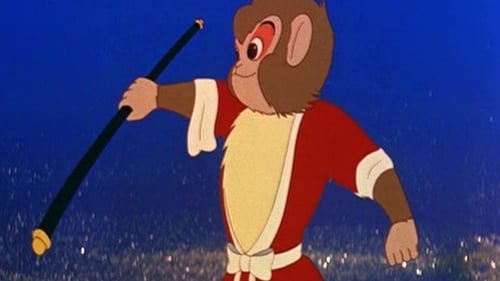
Screenplay
A monkey king who learns the secrets of magic goes on a spree and causes no end of aggravation for the gods, who finally imprison him. In order to make up for all the trouble he's caused, he is sent on a mission to accompany a prince who is the son of the gods on a journey through a land filled with dangers, monsters, cannibals and demons.

Writer
A taxi driver hits a woman on the streets. He takes care of her while she gets better. While realizing they're both at a brink in their lives they'll start falling for each other against their odds.

Screenplay
A drama about relations between Japanese immigrants and the indigenous Ainu on Hokkaido, the most northerly island of Japan. From a novel by Taijun Takeda.

Screenplay
After graduating from a high school in the Seto Inland Sea, Koji, a childhood friend of Yaeko, went to Tokyo to enter university wearing a heartfelt sweater.

Screenplay
Kanae, who broke up with her husband and moved to her uncle's house, met two men when her father, a university professor, collapsed. Michihara, a wealthy man and Miyashita, a youth scholar. Kanae is attracted to Miyashita, but ...

Screenplay
A Hibari Misora musical about an impoverished girl and her brother in Postwar Japan.
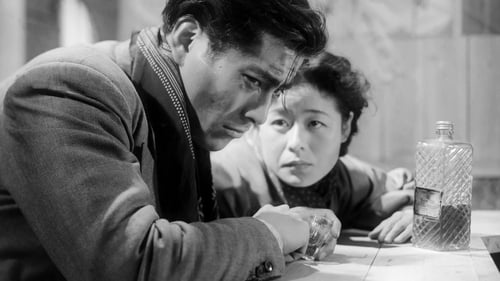
Writer
В нищем и грязном районе, в унылом бараке, превращенном в больничку, ведет прием пациентов врач. Однажды к нему обращается за помощью молодой хулиган, раненный в драке с местными гангстерами.
Врач обнаруживает у своего непокорного пациента туберкулез. И постепенно, стараясь завоевать доверие, задобрить злобного парня, привязывается к нему, старается не только вылечить, но и спасти его от одиночества, отчаяния, пьянства.
Снисходительность, доброта и терпение врача пробуждают в угловатом хулигане отзывчивость, благодарность, человечность, солидарность.
Когда вновь появляются гангстеры, «Пьяный ангел», не желая подчиниться законам преступного мира, законам злобы, бросается на защиту наивной и доверчивой медсестры.
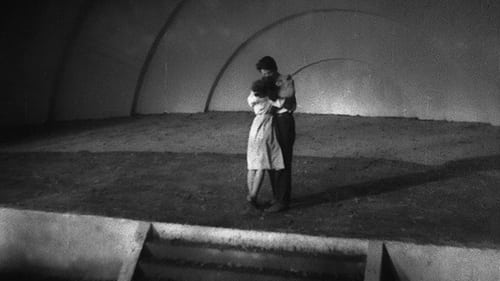
Screenplay
В центре сюжета — влюблённые, не имеющие ни денег, ни пищи, но пытающиеся весело провести свой выходной день. Улицы, дышащие смятением и неустроенностью, безработные и хулиганы, по сути такие же жертвы времени. Любовь и надежда юных влюблённых оберегают их от враждебности окружающего мира.
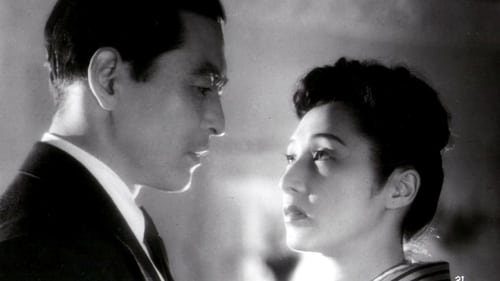
Adaptation
Незадолго до начала войны три приятеля Танака, Камбара и Ногами заканчивают университет. Друзья мечтают изменить жизнь к лучшему. Ногами лечит бедняков, Танака активно участвует в работе социалистической партии, а Камбара становится театральным режиссером. В отличие от друзей-прагматиков, Ногами верит в любовь с первого взгляда. Однажды на спектакле в театре Камбара он влюбляется в Акико, дочь крупного промышленника. Девушка тоже обращает на него внимание. Ногами полагает, что классовые различия для влюбленных сердец — не преграда.

Writer
This is Kanjûrô Arashi's first film with Nikkatsu after his independent production company went bankrupt (many of these independent companies went bankrupt shortly after the transition to sound). As he is mostly famous for his portrait of Kurama tengu (and on the other hand, he's the definitive actor for Kurama Tengu as well), Nikkatsu made another version of Kurama tengu, co-directed by Masahiro Makino & Sadatsugu Matsuda who are both sons of Shozo Makino. Scripted by Yoshitake Hisa, a jidaigeki specialist who later scripted several Toei All-Star Jidaigeki.










